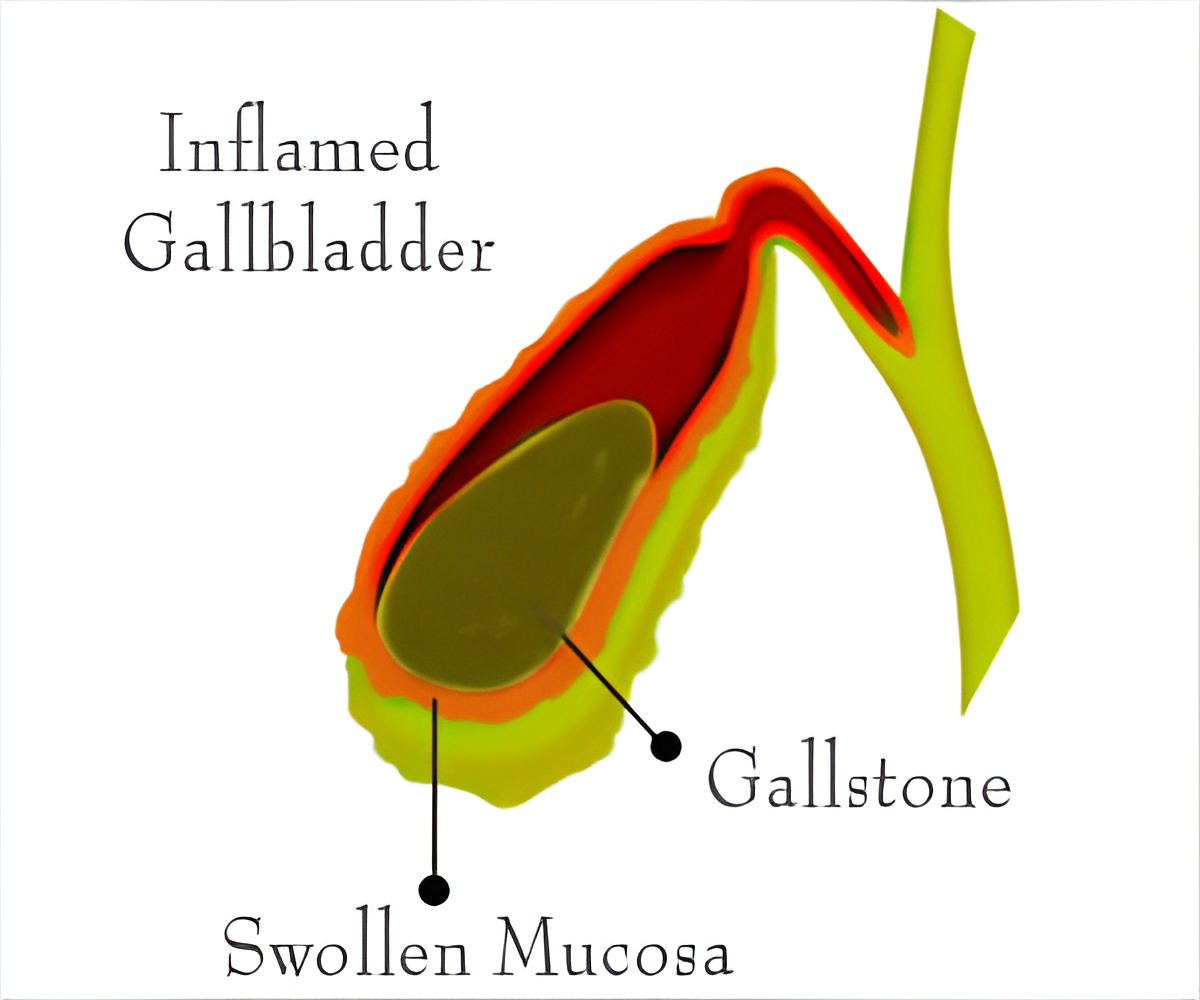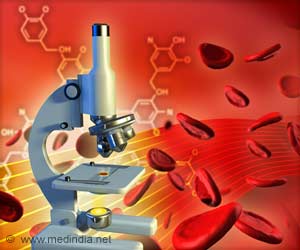The effects and mechanisms of microRNA-451a (miR-451a), which hinders the progression of gemcitabine-resistant biliary tract cancers, are under study.

MicroRNA-451a inhibits gemcitabine-refractory biliary tract cancer progression by suppressing the MIF-mediated PI3K/AKT pathway
Go to source) Biliary tract cancers, like cholangiocarcinoma and gallbladder cancer, are increasingly common worldwide. Gemcitabine is an effective chemotherapy drug for treating these cancers, but resistance poses a significant challenge. Surgery remains the best option, yet late diagnoses and the complex nature of these cancers complicate treatment. Addressing gemcitabine-resistant biliary tract cancers requires innovative strategies. Nucleic acid therapies involving microRNAs show promise as the next frontier in cancer treatment, given their role in gene expression and potential contribution to cancer development when dysregulated.
‘miR-451a's anti-cancer effects on gemcitabine-resistant biliary tract cancers are likely to gain widespread acceptance as mainstream alternative treatments. #cancertreatment #biliarycancer #RNA #gallbladder’





The team, led by Assistant Professor Koichiro Tsutsumi, along with Dr. Taisuke Obata and Dr. Motoyuki Otsuka, all from the Department of Gastroenterology Okayama University Hospital, Japan, recently uncovered the mechanism of miR-451a’s antineoplastic effects. Their findings were published in Molecular Therapy: Nucleic Acids. Urgent Need for Novel Therapies and miRNA Targets in BTC Treatment
“Apart from gemcitabine, very few effective drugs are available for the treatment of BTCs. Therefore, there is an urgent need for new therapies. Additionally, we don’t know a lot about the miRNA targets that can be used to improve the prognosis of BTCs, especially in the context of resistance to GEM,” explains Dr. Tsutsumi while discussing his motivation behind this research.The team had evidence from previous experiments that miR-451a was downregulated in patients with GBC, and they decided to build on other research that showed that the miRNA inhibited cell proliferation when introduced into human GBC cells. They transfected miR-451a into GBC, gemcitabine-resistant GBC (GR-GBC), and gemcitabine-resistant CCA (GR-CCA) cells to understand its effects on tumor progression. They also studied the gene expression profile in these three groups following transfection, to gauge how cell-signaling pathways were altered by miR-451a.
“Under experimental conditions that mimicked those of the cancer environment, we found that miR-451a significantly diminished cell proliferation, induced cell death, and reduced the occurrence of chemoresistant cell types in GBC, GR-CCA, and GR-GBC cells,” says Dr. Tsutsumi. He adds, “One of the factors known to promote metastasis and chemoresistance was the phosphatidylinositol 3-kinase (PI3K)/AKT pathway. This pathway was suppressed partially through the downregulation of macrophage migration inhibitory factor (MIF) after the transfection of miR-451a. These findings underpin miR-451a’s use as a replacement therapy for GEM-resistant BTCs.” miR-451a’s effects at the molecular level were reflected in 2D or 3D cell culture experiments where GR-CCA and GR-GBC cells were rendered less viable following treatment.
Dr. Tsutsumi is looking to the future, and the group is planning future studies to evaluate the effective delivery of miR-451a and validate its clinical application. He concludes, “Nucleic acid-based treatments are not mature enough to be considered first-line treatments for BTCs, so chemotherapy and immunotherapy still have their place.”
Reference:
- MicroRNA-451a inhibits gemcitabine-refractory biliary tract cancer progression by suppressing the MIF-mediated PI3K/AKT pathway - (https:linkinghub.elsevier.com/retrieve/pii/S216225312300272X)













